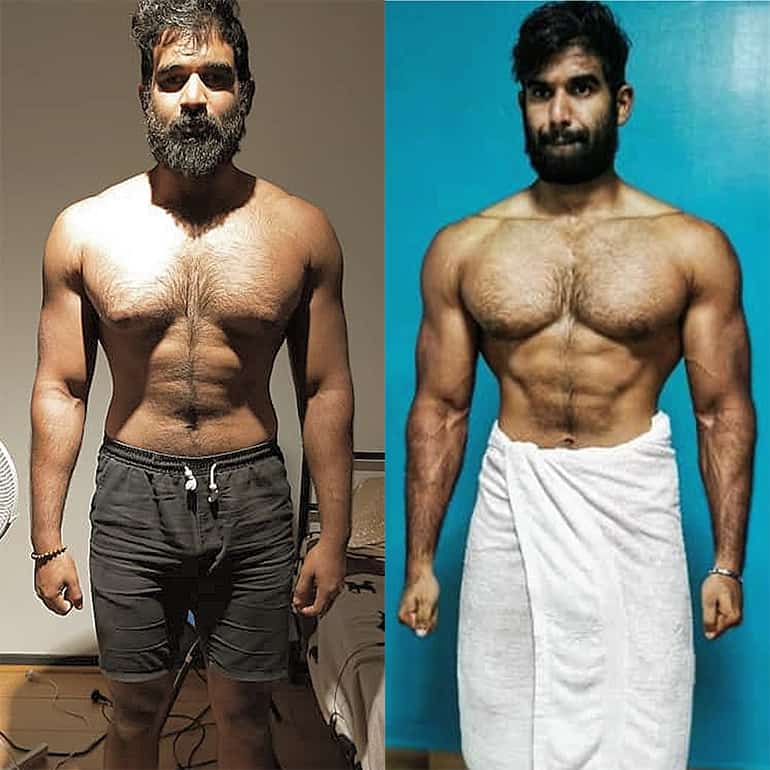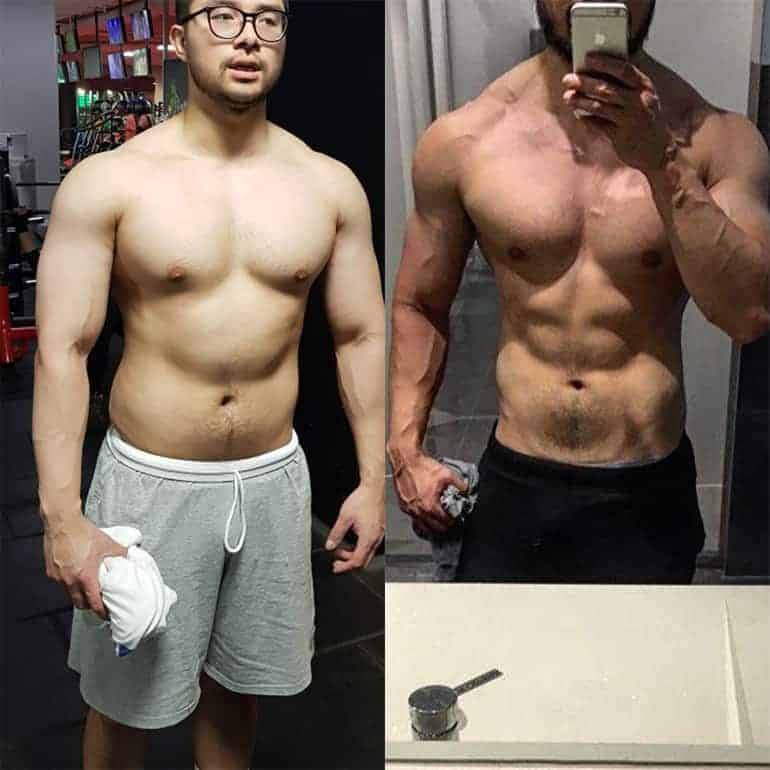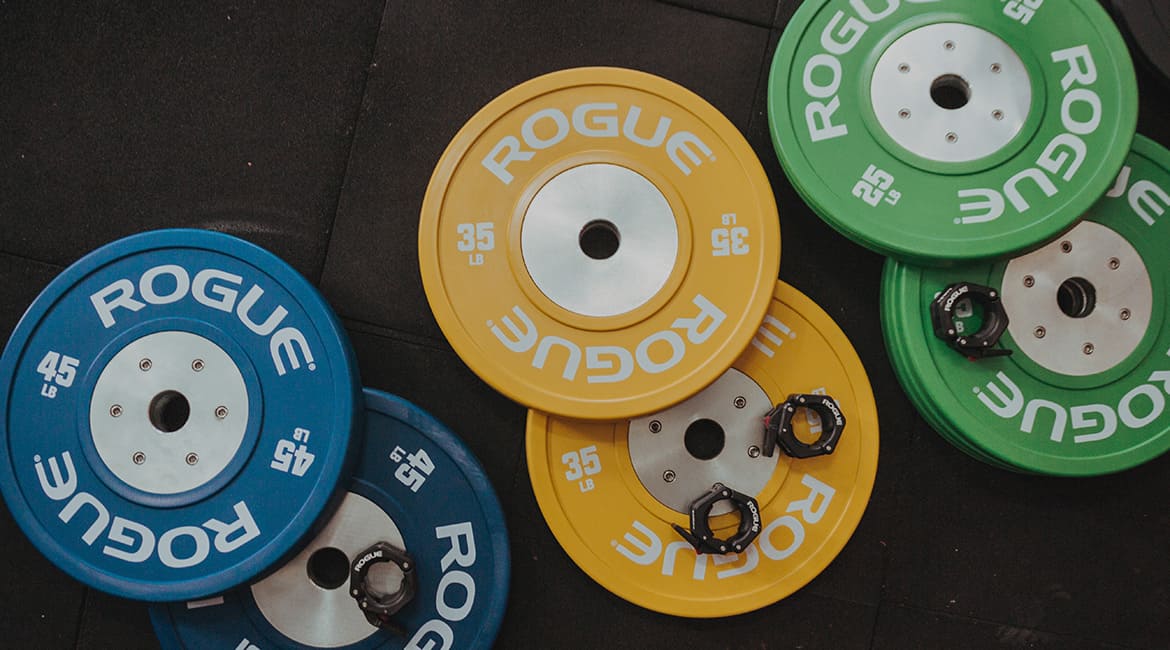
5 Essential Supplements to Support Training and Overall Health
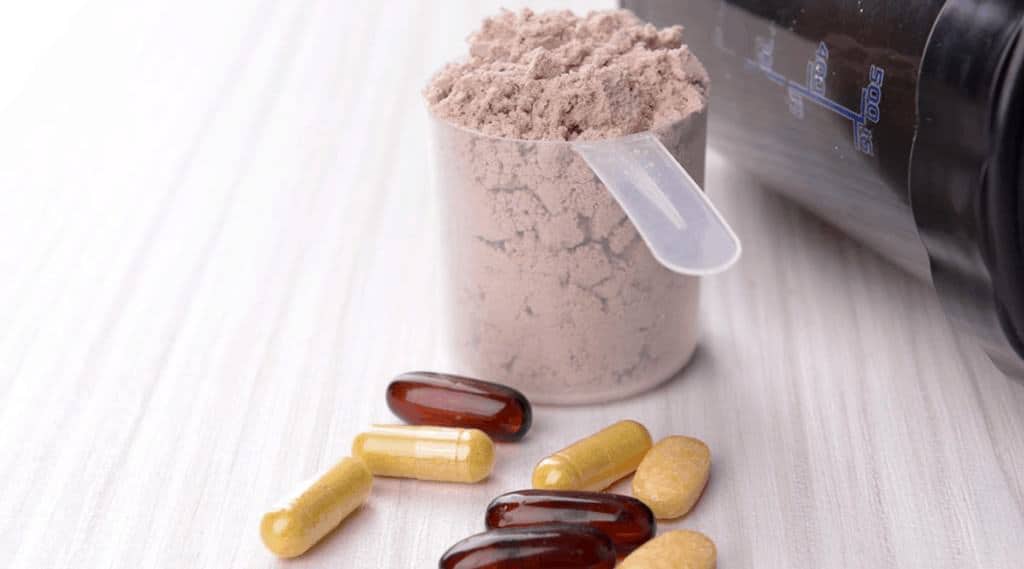
As a personal trainer and common question I get a lot is “what supplements should I take?”
There is so much misleading information about supplementation and to be honest a lot of supplements don’t work or don’t do what they say they will do. Honestly, I think most people should be less focused on supplements and more focused on their diet. Supplementation is so something people shoulder adopt later in their training journey once they have really been able to understand and implement the basics of training and nutrition. At the end of the day supplements are meant to supplement your diet and training, but most people have this in reverse.
We have been taught not to trust click-bait and uneducated opinions, so a lot of people I know try to read scientific sources. However, these studies can also be misleading. Sometimes when a study is published it maybe contain a publication bias. A study that had a positive outcome is much more likely to be distributed by the researchers and published than one that didn’t. It is a lot easier to convince people of a study when you only show the participants who responded compared to the pool of people who didn’t. This is something that happens a lot on the supplement world, it’s ok when a study that comes out to be a little sceptical. Make sure you draw your conclusions from a broad spectrum of studies which have given the same outcome.
Another thing about supplementation is that it’s not going to be the magic pill that gives you the response that you want. You won’t wake up the next morning with 20inch arms because you increased your dosage of magnesium! Most of the supplements don’t do that much so, like I stated before, you want to adopt these things after you mastered the basics fundamentals of nutrition and training.
With that said, I do think there are five essential supplements to pair with a well-balanced diet with training.
Here they are in no particular order:
1. Protein

When it comes to protein, definitely look to food first. You can get enough protein from your diet, but I have found that a lot of people can benefit from this macro nutrient as a supplement. Athletes or even corporate workers with an intense work schedule often struggle to eat enough protein to support their training.
When people think protein, they think muscle mass but every cell in our bodies is partly comprised of protein. Our bodies need protein to build cells and for cell regeneration. Protein is five times more thermogenic than other macro nutrients, so it provides a great boost to the metabolism. High protein means have also been proven to help reduce appetite.
Vegetable sources of protein, like spinach, broccoli and legumes, are an alternative to meat products. It’s worth remembering that they do have less protein her unit of weight so they will need to be consumed in higher quantities.
2. Cod liver oil
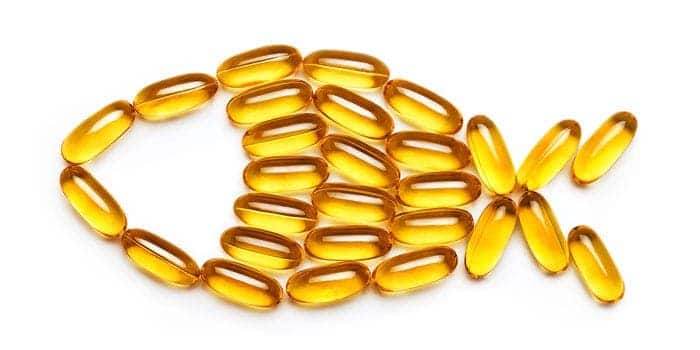
Fish oil and cod liver oil are different oils even though they both do come from fish. Both oils contain omega-3 fatty acids, which are great for reducing inflammation and can’t be produced by the body.
The reason I recommend cod liver oil specifically is that has a high amount of vitamin D. This vitamin can be obtained through sitting in the sun, but many people limit their sun exposure and in Australia there is a real problem with people are coming up with borderline deficiency in this vitamin.
Cod Liver oil contains more vitamin A than normal fish oil, which is important for protein synthesis (building muscle) and thyroid function (metabolism). Be careful with your dosage of vitamin A – too much (more than 10,000 IU per day) can be toxic.
3. Magnesium
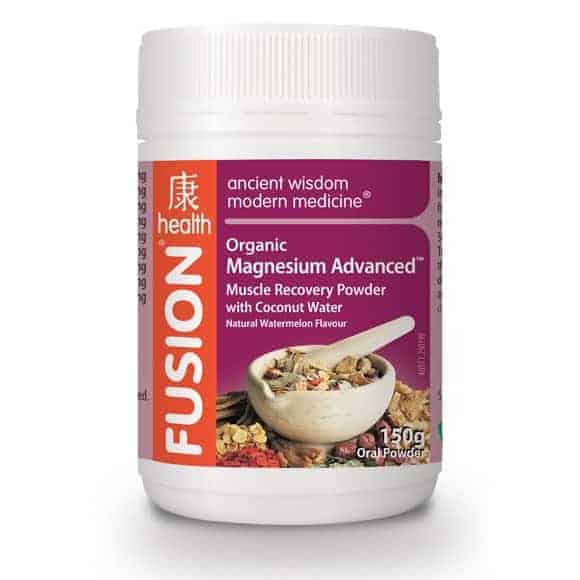
Magnesium comes up as the second most common mineral that people are deficient in, this is mainly because most people don’t consume enough vegetables. I won’t go into too much detail because magnesium really deserves an article of its own.
It the co-factor for 300 enzymatic processes in the body, meaning that it helps with over 300 reactions, making proteins, stimulating the metabolism, let’s just say it’s very important!
For those individuals we release a lot of stress hormones, magnesium is a great anti-stress mineral. For women it can help with reducing symptoms of premenstrual syndrome (PMS). Magnesium is also great for maintaining a healthy cardiovascular system, but let’s be honest – so is exercise!
4. ProbioticS

I have a whole article on gut health and how it links to brain function. Like they say in Chinese medicine, “disease starts in the gut.”
Probiotics contain good bacteria which support our digestion and allow our body to absorb vitamins and minerals. Your digestive tract also contains 70% of your neurotransmitters (they regulate mood). An imbalance of your gut bacteria (microbiome) can affect mood and decision making throughout the day and jeopardise your immune system.
I believe it’s imperative that we a have a daily probiotic to maintain good gut integrity, and especially after taking a course of antibiotics.
5. Zinc
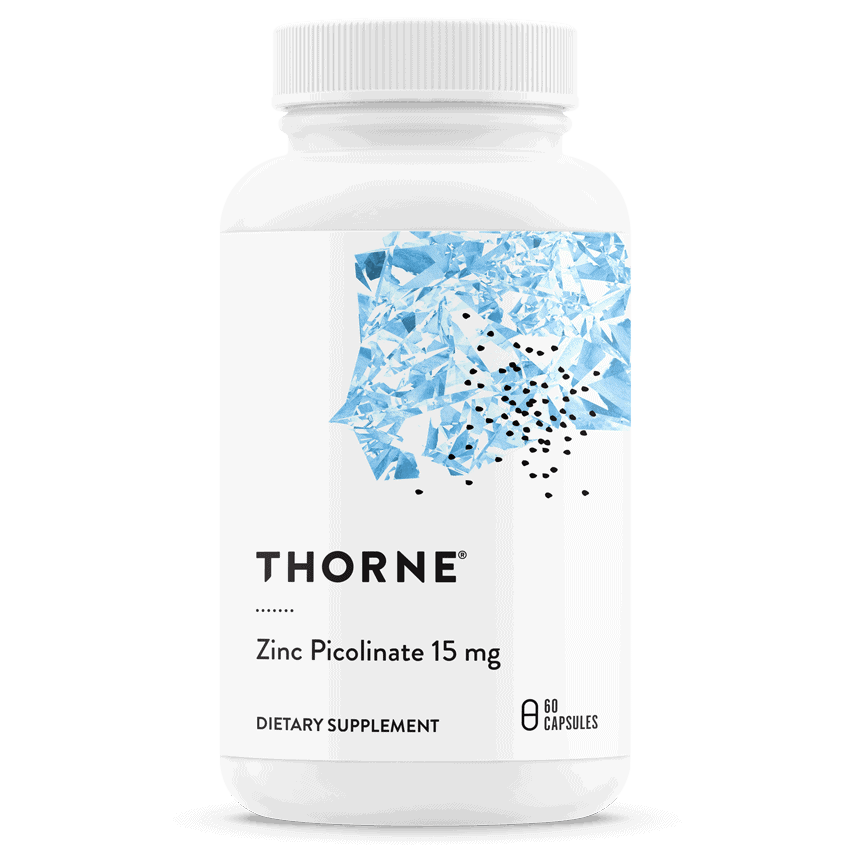
Since stress is a big factor in everyday life our immune system is always in constant hyper drive, putting us at risk of illnesses and infection. If you are someone who is constantly getting sick, this might be to zinc deficiency.
Zinc plays a crucial role in the body protection and repair and helps to regulate hormones levels. It is a powerful antioxidant, which will help the body fight infection and boost the immune system. In some studies, it has been showed that sucking on zinc lozenges reduced the length of illnesses such as colds and flu.
Remember, when it comes to health NOTHING beats a well-balanced diet with training. These supplement recommendations are only meant to supplement your healthy diet. This is what is sustainable for long-term progress.
I know I didn’t make any dosage recommendations for the essential supplements, but dosages are very individual dependant. If you would like more individual information on the dosages of each supplement please don’t hesitate to contact, we would be happy to assist you.
Want a free E-book?
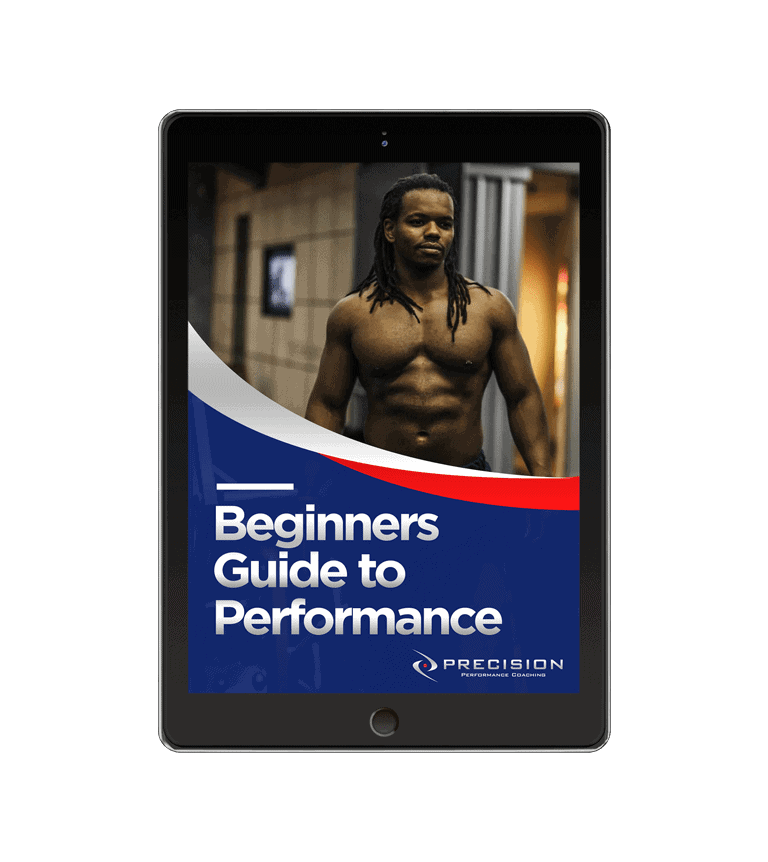
Get your free copy of the Beginners Guide to Performance e-book and start your training journey today!
recent posts
Join Our Mailing List
Sign up and get your free copy of the Beginners Guide to Performance e-book to start your training journey today!
Ready to break through plateaus & get real results?
Contact us now to find out how we can help you take your training and phyique to the next level.

